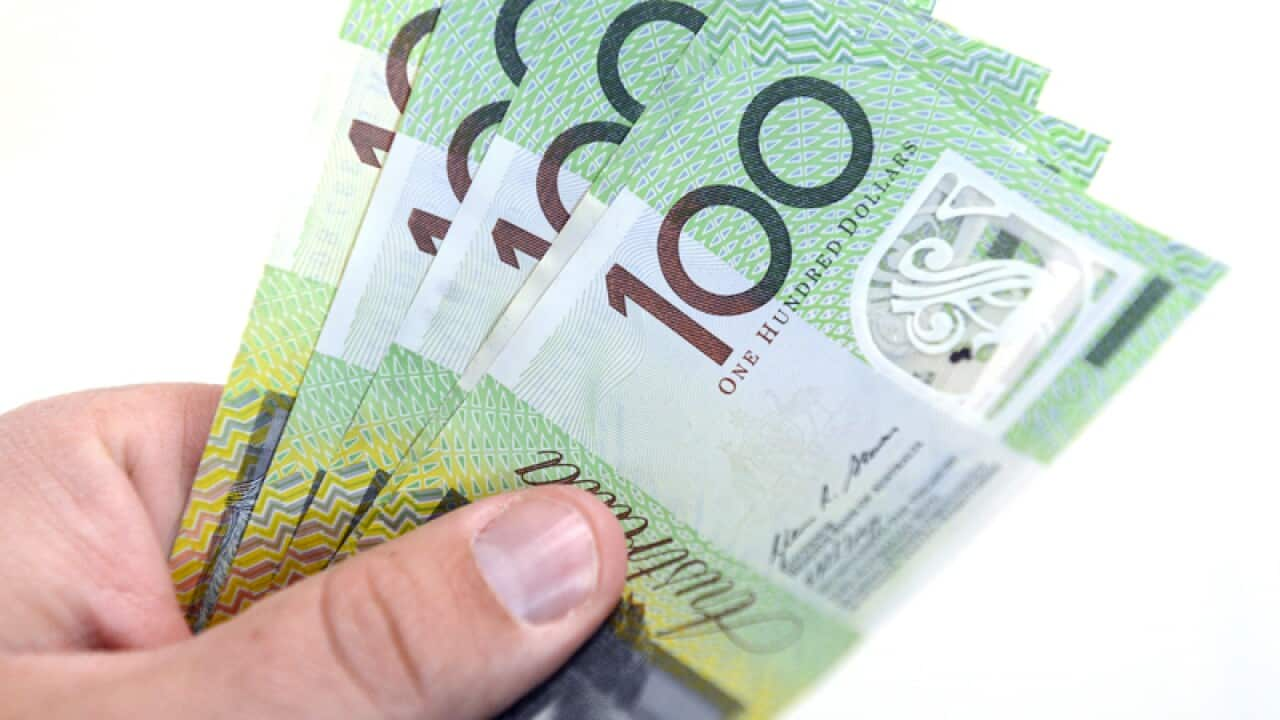Users of accommodation website Airbnb are not slugged with the GST, but Uber drivers will now have to pay the tax from the first dollar earned.
As part of a federal crackdown on online business, the Australian Tax Office has classified ride sharing websites like Uber as a taxi service, meaning all drivers will have to get an ABN and register for GST by August 1.
But income from rental sites like Airbnb is classified as residential rent, which is not subject to the GST.
Uber has called the laws unfair to their workers who they say typically work 20 hours a week and take home around $30,000 a year.
But Deputy Commissioner James O'Halloran says the tax office is simply applying the law.
"It's a level playing field issue that is equally applicable and has been since the GST," he told ABC radio on Wednesday.
"The level of income is not relevant for those providing taxi services."
"Regardless of the technology the current laws for both income tax and GST apply and people need to be aware of their obligations."
Uber disagrees with the ATO ruling that it is a taxi service, saying drivers do not use taxis or limousines.
It also says the taxation law does not suit its flexible business model.
"Many driver partners are parents, retirees, or students looking for flexible work around their other commitments," Uber in a statement.
"The ATO's decision raises barriers to entry that disproportionately affect those who would be otherwise unemployed or underemployed."
Australian Taxi Industry Association chief executive officer Blair Davies says the change brings Uber drivers in line with part-time taxi drivers.
Mr Davies welcomes the tax changes, but also wants the ATO to go after the company itself which he says does not pay tax in Australia.
"If it's good enough for taxi drivers doing it part-time it's good enough for uber drivers doing it part-time," Mr Davies said.
"Uber needs to be accountable for paying tax and people affiliated with Uber need to be accountable for paying tax."
He is also concerned about Uber drivers being under-insured and not having the safety regulations of established taxi services.
Drivers so far haven't been slugged the 10 per cent GST charge, but fairs could rise if Uber passes on that cost to passengers.
Share



